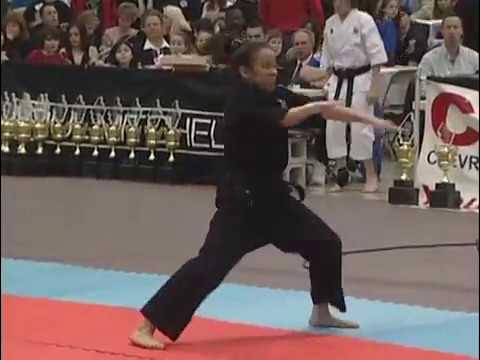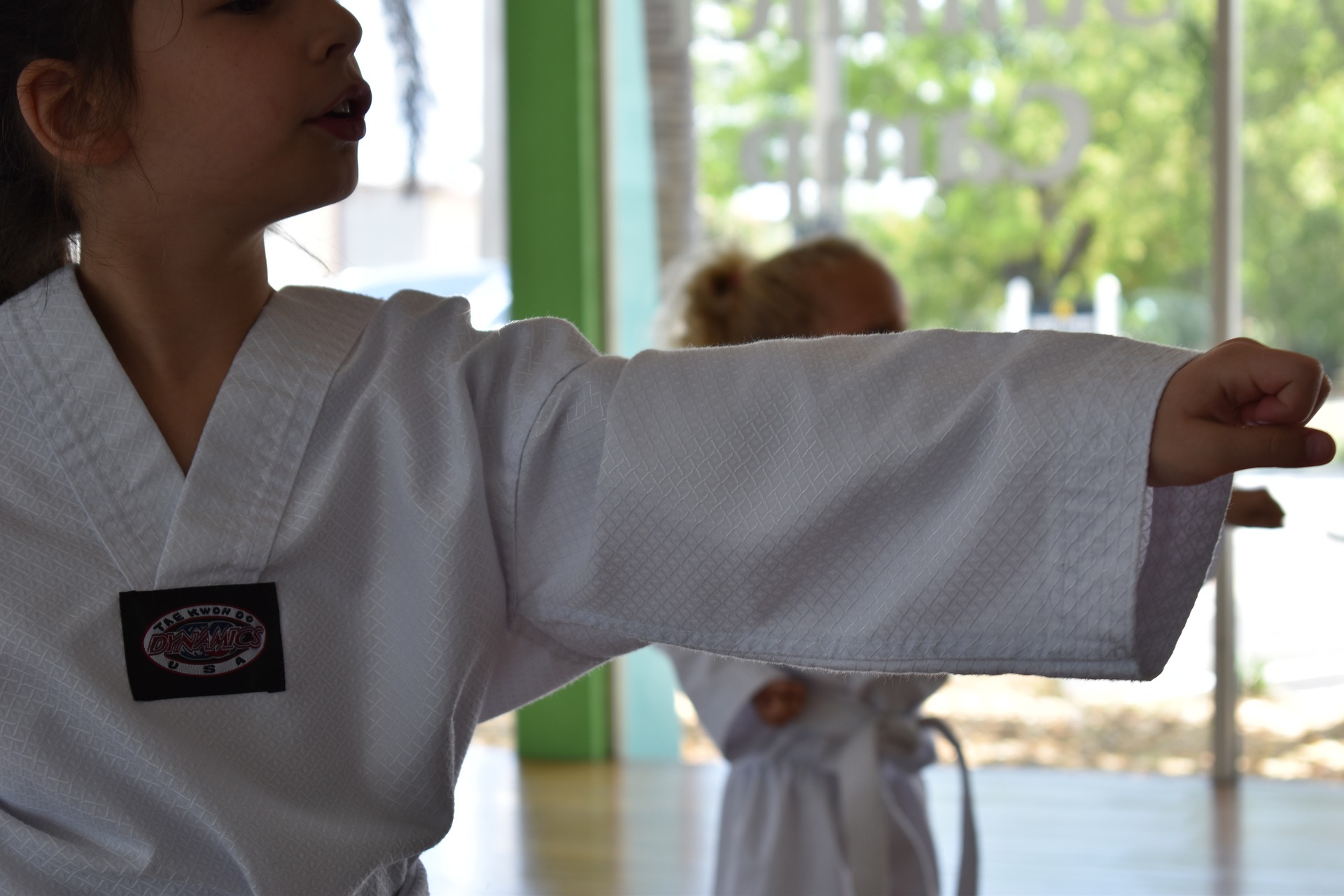Picture this: it’s late at night, and you’re walking alone down a dimly lit street. Suddenly, two individuals step out of the shadows, one pointing a gun at you. They demand your wallet, your jewelry, your valuables. Is that the moment to pause and evaluate the worth of your possessions or to consider what really matters in your life?
No—it’s too late for hesitation. In a high-stress confrontation, time and clarity are luxuries you don’t have. That’s why it’s critical to decide what is truly valuable to you before you’re ever put in that situation.
Think Ahead: Make the Call Now
Self-defense isn’t just about physical technique—it’s about mental preparedness. When your mind is calm, and you’re far from danger, take a moment to reflect on the following questions:
- Are the contents of your wallet worth your life?
- Is a watch, ring, or phone worth risking injury or death?
- Would you rather part with cash or risk leaving your spouse or children behind?
For many of us, the answer is obvious—but it needs to be decided in advance. When you’ve already committed to prioritizing your safety, your decisions become faster, clearer, and more effective under pressure.
Compliance Can Be Smart Self-Defense
If the attackers only want your belongings and you believe they will leave once they get them, compliance may be your best defense. No possession is worth dying for. However, delaying your response—by debating, hesitating, or showing indignation—can escalate the situation and provoke violence.
Instead, stay calm, speak clearly, and hand over what they want if it will end the threat. Your primary goal is not to “win” or teach a lesson—it’s to survive and return home safely.
Use Words to De-escalate
In some situations, calm and empathetic communication may help reduce tension. If the attackers are visibly emotional or impulsive, a soft-spoken tone and non-threatening body language can lower their adrenaline and aggression. Say things like:
- “I understand. Take what you need.”
- “I don’t want trouble.”
- “I can see you’re having a hard time.”
This isn’t weakness—it’s strategy. Making yourself a person in their eyes, not just a target, can make the difference between escalation and escape.
Assess and Act Quickly—If You Must
Of course, not all situations allow for compliance. If your instincts tell you the attackers intend to harm you no matter what, or if an opportunity arises to disarm or escape, you must be ready to act. This decision must be made in seconds, and your ability to follow through relies on prior training and a clear mindset.
If you’re trained and believe you have no other option, act decisively and commit 100% to your defense.
Survival Is the Victory
In true self-defense, the only “win” is survival. Not trophies, not vengeance, not ego. Walking away unharmed is success. Everything else—possessions, pride, even justice—comes second.
Takeaway:
Prepare your mindset now. Decide what matters before a weapon is pointed at you. Rehearse your priorities in your mind. Train for your body’s response. That way, if the worst ever happens, you won’t be paralyzed by indecision—you’ll be ready to act with clarity and confidence
Want to strengthen your mindset and self-defense skills?
Join our next Personal Safety Workshop or Self-Defense Course and gain tools that could save your life—mentally and physically. Your safety starts with preparation. Train smart. Stay safe.



